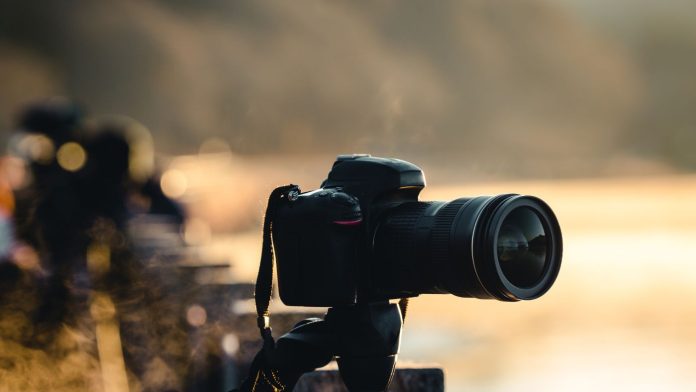A digital camera is an electronic device that captures images and stores them digitally. It’s convenient for shooting everyday photos, but it can also be used to capture special moments like birthdays and graduations. When browsing for a digital camera, the most important thing to consider is your skill level.
A digital camera is a portable, flexible and user-friendly device that lets you capture, edit and share your most precious memories.
A digital camera is a portable, flexible and user-friendly device that lets you capture, edit and share your most precious memories. It’s also a great way to preserve those moments you don’t want to forget forever.
Digital cameras come with an array of features that allow users to take high-quality images with ease. They range from basic point-and-shoot models to more advanced DSLR (digital single lens reflex) cameras with interchangeable lenses or mirrorless models–which are smaller than DSLRs with built-in sensors but offer many of the same benefits as their larger counterparts.
When browsing for a digital camera, the most important thing to consider is your skill level.
When browsing for a digital camera, the most important thing to consider is your skill level. If you’re an expert with photography and have been shooting since the early days of film, then there’s no need to read any further. But if this isn’t the case and you’re just getting started in the world of digital photography or would like to expand your skillset beyond what your current camera can do, then it’s time to ask yourself some questions:
- What type of photography do I want to do? Will I be shooting landscapes, portraits or action shots?
- How much am I willing to spend on my next camera? Do I want something basic that takes great pictures but doesn’t offer many extra features or do I want something more advanced with multiple lenses and other bells-and-whistles available at an extra cost (or included)?
- How much time am I willing to dedicate learning how to use this new piece of equipment best before taking it out into nature or another location where there might not be anyone around who could help me if things go wrong during setup time so make sure before buying anything from us!
Advanced users in particular may benefit from manual settings.
Advanced users in particular may benefit from manual settings. In addition to the automatic options, you can also use manual controls to control the exposure (the brightness of your image), aperture (how much light enters through the lens) and shutter speed (the amount of time that light hits your sensor). Manual modes are useful for taking photos in low light or creating interesting effects like motion blur. If you’re trying to capture action shots or sports images, using a manual mode will give you better results than relying on auto settings alone.
Key considerations for selecting your digital camera include its megapixels, zoom capabilities and lens quality.
The first thing to consider when looking for a new digital camera is its megapixels. This refers to the number of pixels on your image sensor and determines how much detail and sharpness you can capture in each photo. The more megapixels there are, the better quality your photos will be.
The second consideration is zoom capabilities–that is, how far away from something you can take pictures of it without losing detail or clarity because of poor resolution caused by digital noise or distortion caused by high magnification (or both). The best way to avoid this problem is with optical zoom lenses that have large focal lengths, which means they allow you take pictures from farther away than those with shorter focal lengths would allow without losing detail in your images due to digital distortion or poor resolution caused by too many pixels crammed into tight spaces on small sensors within cameras’ bodies themselves.
An image sensor is what helps your camera capture light and convert it into an electrical signal.
The image sensor is a small chip that captures light and converts it into electrical signals. The size of the sensor determines how much light it can capture and therefore how sharp your images will be, so it’s important to look at this before buying a new camera.
The larger the number in megapixels (MP), the better quality your pictures will be. For example, a 20 MP camera will take sharper pictures than an 8 MP one because it has more pixels for each pixelated square on its sensor – more information means better detail in every picture!
Conclusion
The best camera is the one that fits your needs. If you’re looking for an entry-level point-and-shoot, there are many great options available on the market today. Advanced users, on the other hand, can benefit from manual settings and advanced features like manual focus or high ISO speeds for low-light photography.



